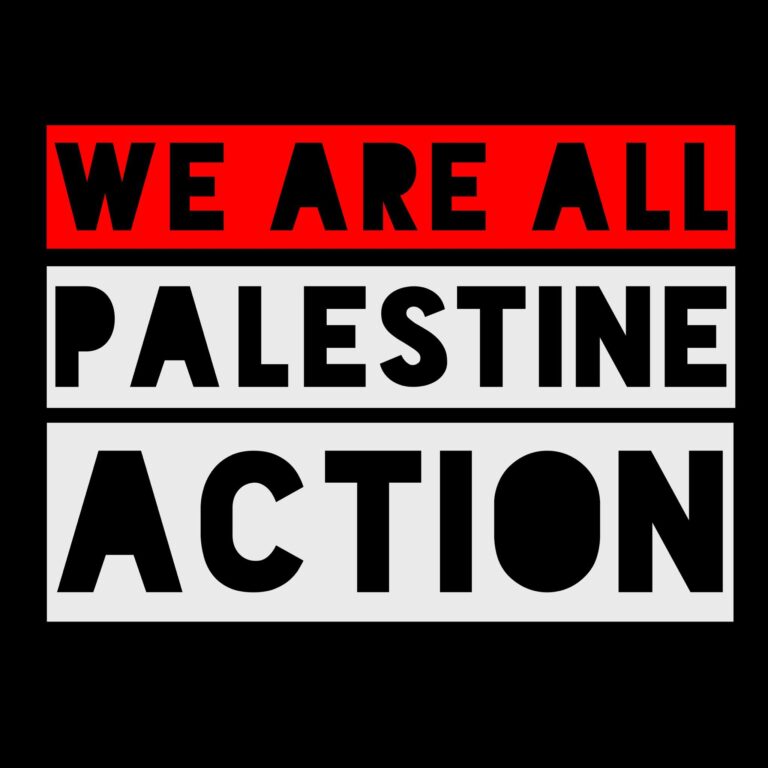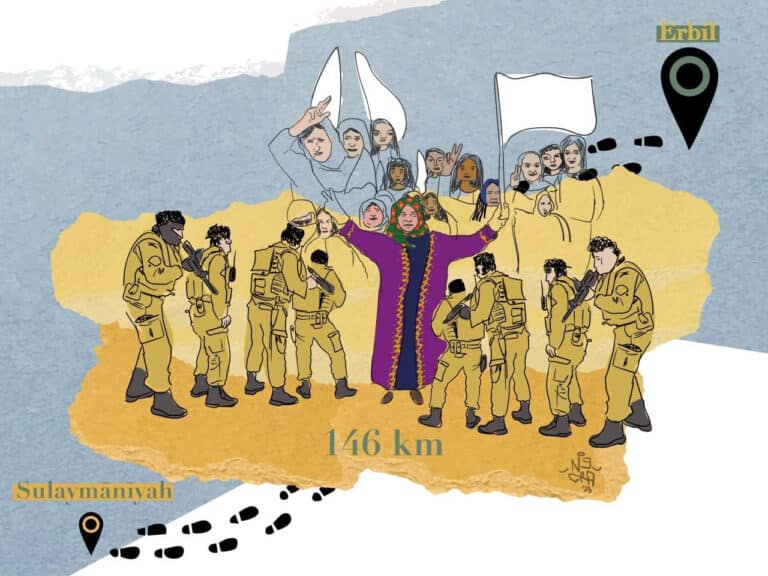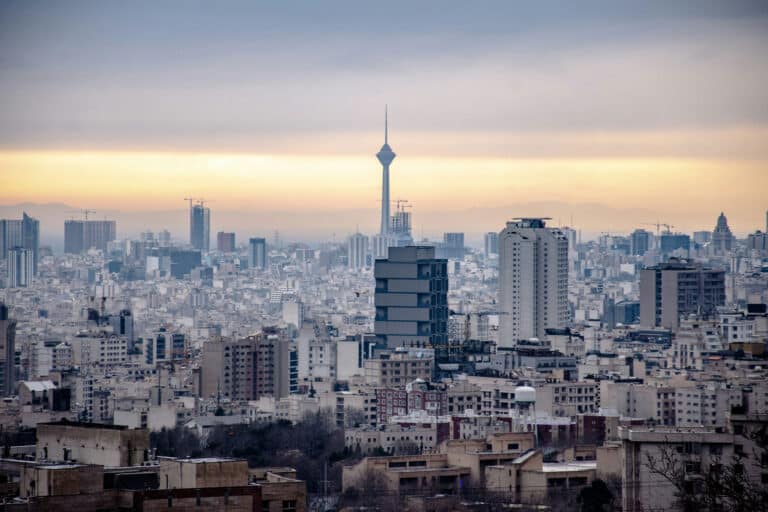by Tim Nafziger
The July-September 2011 issue of Signs of the Times featured an article by CPTer Elizabeth García entitled “Walls of Shame” in which García reflected on the similarities between life in the Hebron district of the Holy Land and her experiences living in Brownsville, Texas along the U.S/México borderlands. She wrote, in part:
“As people of color, Palestinians have to put up with daily harassment from the IDF (Israel Defense Forces), just as our brothers and sisters of color coming from México and other parts of the world are harassed by the CBP (Customs and Border Patrol).
In Israel, if you are a Muslim, Arab, or Palestinian whether you are four years old or twenty, you are probably considered a “terrorist.” Chances are, the thinking goes, you are preparing to hurt the Jewish community. North American Anglos think that if you are not white, you become automatically a threat to the nation, and thus you must be removed.”
A few white North American readers expressed discomfort at being “thusly characterized.” In CPT we recognize such discomfort as an inevitable part of an authentic undoing racism journey. It is a gift that can serve as an invitation to move beyond defensiveness and go deeper in understanding the systemic nature of racism and how privilege operates.
I used to think that racism was something I could only do intentionally. As long as I didn’t tell a racist joke or use a racial slur, I didn’t need to worry. The splinter was in someone else’s eye, so I could focus on big picture things like immigration reform and ending wars.
In CPT, I’ve come to realize that undoing racism demands an inward journey from me as well.
As a white person, no matter how well intentioned I am, I am still complicit in racism in the U.S., both through my personal history – my ancestors settled on lands taken from the Conestoga peoples in eastern Pennsylvania; I directly benefit from genocide – and my current social location.
García’s article helps me see the parallels between my social location and that of an IDF soldier or a CBP agent. It helps break down the walls of dehumanization in my mind that lead me to ignore the ways in which I and an Israeli settler are alike. It pushes me to examine how I benefit from what is happening today to our Palestinian partners and our immigrant neighbors.
I share García’s faith that “the Gospel will break down the dividing walls of hostility among us all.” I pray for that Gospel truth to keep breaking me open on this journey of transformation. See https://goo.gl/9tVh4 for some resources on undoing oppression.
Tim Nafziger lives in California, USA. He joined CPT in 2003 and currently serves as CPT’s Outreach Coordinator.



